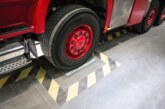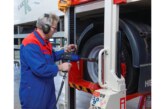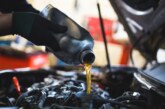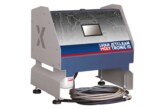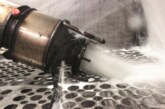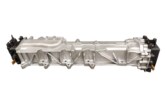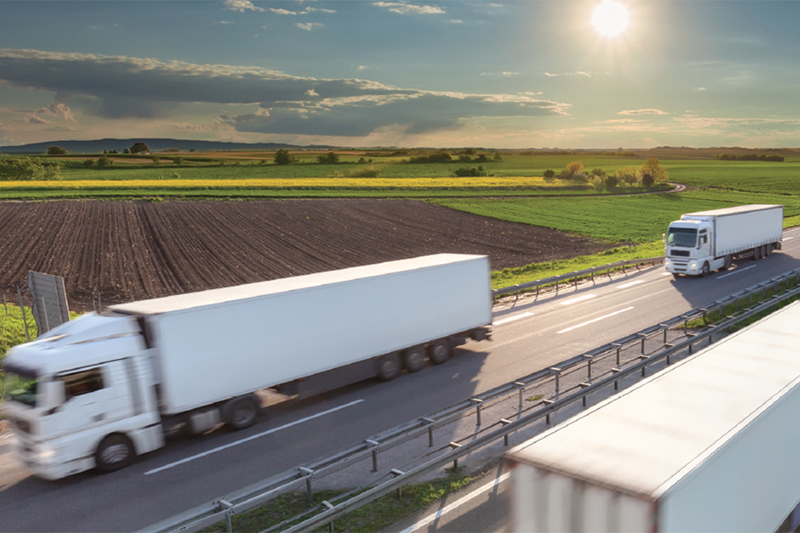
Goodyear’s Grégory Boucharlat, Vice President Commercial Europe, and Ben Glesener, Regional Technology Director for Commercial EMEA, talk through three ways that tyres can make a fleet more sustainable.
The future’s green for the transport industry. Operators are increasingly focused on sustainability, driven both by legislation and demand from their customers to balance the growing need for movement of goods with a more environmentally-friendly model.
Uptime, mileage, and fuel efficiency are being optimised, all whilst striving for reduced emissions. Increasingly, green-buying criteria are being put in place, with a renewed focused on selecting products and business partners that are as sustainable as possible. Every minute and penny counts.
An area which is regularly overlooked though, is the impact that tyres can have. In urban areas, truck tyres can be responsible for up to 20% of CO2 emissions. For fleets on long-haul motorway trips, that can leap to 35%. That’s why Goodyear works directly with OEMs and hauliers to support their efforts towards sustainable transport.
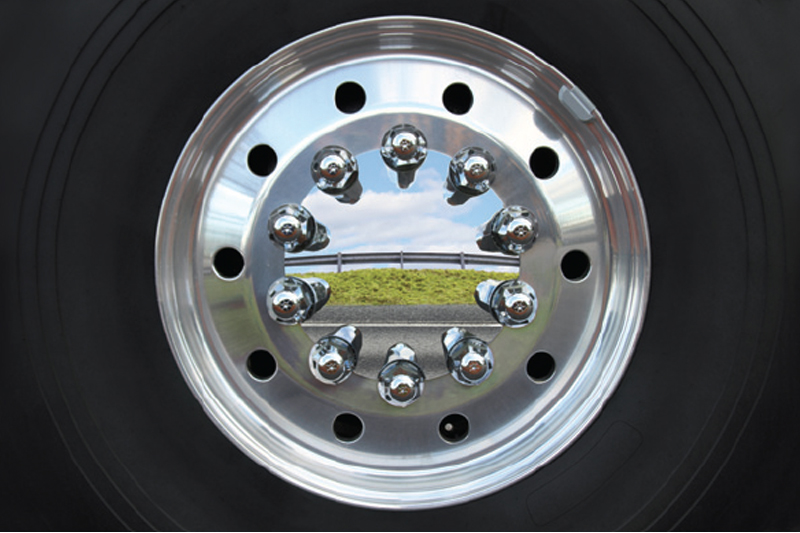
Low-rolling-resistance tyres
Low-rolling-resistance (LRR) tyres are often overlooked by the wider industry as a means of improving sustainability. By lowering rolling resistance as much as possible, the emissions levels and fuel efficiency of the vehicle are directly impacted.
There are several different factors that can impact rolling resistance. As such, the production of this type of tyre is a complex process. Goodyear assesses the design of the tread profile to find ways of optimising the deformation caused by load and motion forces, as well as opportunities to use the most advanced raw materials.
It might not sound like game-changing work, but the results are startling. A fleet of 100 trucks using an LRR range – such as the Goodyear Fuelmax GEN-2 – can lower its total cost of ownership by over £35,000 per year on fuel-costs; a saving which, of course, suggests an equally significant environmental impact.
Tyre pressure monitoring systems
When talking about sustainability and tyres, it’s important to not understate the importance of proper maintenance. Keeping tyres at the correct pressure will not only reduce the chance of suffering a tyre-related breakdown, but will also further enhance rolling resistance, meaning the vehicle is likely to consume less fuel.
Goodyear has developed smart algorithms that help to keep a close eye on tyre pressures. Advanced solutions, such as the Goodyear Tyre Pressure Monitoring System, report tyre pressures in real-time, sending an alert to the driver and the operational manager whenever the pressure is incorrect and indicating the gravity of the issue with a straightforward colour code, so the correct action can be taken.
It might be that the tyre needs to be replaced right away or simply checked by a professional, either after the next delivery or at the next service appointment. Either way, the system will report it.
Multiple life
Tyre innovation is rapidly accelerating, with some new solutions and materials such as soybean, dandelion, or rice husk ashes amongst the most unusual. One such development is Goodyear’s Multiple Life concept, which sees some truck tyres regrooved or even retreaded in order to extend their service lifetime and significantly reduce the number of tyres that need to be recycled.
There are multiple benefits to using a retreaded tyre. For one thing, they deliver up to 25% more mileage, while lowering the tyre costs by up to 30%. They also use significantly less oil, chemicals, and other raw materials compared to a new tyre, and their production causes fewer emissions too. All of this delivers a considerably more sustainable model of production.

